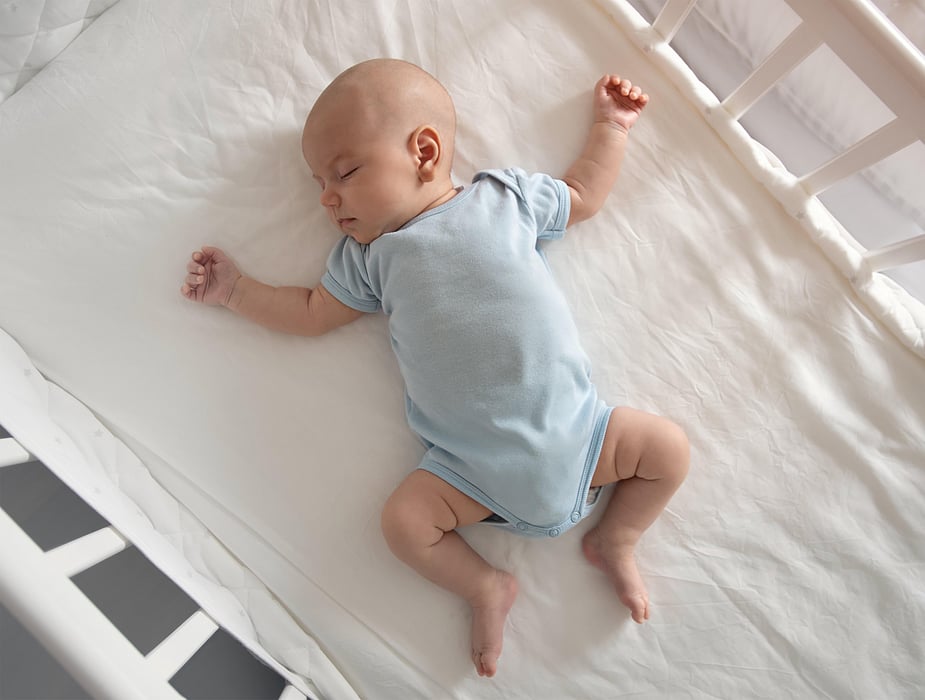Infants Less Likely Than Other Household Members to Get COVID-19

WEDNESDAY, Nov. 9, 2022 (HealthDay News) -- Infants whose mothers test positive for severe acute respiratory syndrome coronavirus 2 (SARS-CoV-2) tend to develop less severe symptoms than their mothers or other members of their household and may not become infected at all, according to a study published online Oct. 12 in Frontiers in Immunology.
Melanie A. Martin, Ph.D., from the University of Washington in Seattle, and colleagues collected capillary dried blood spots from 46 SARS-CoV-2-infected mothers and their infants (aged 1 to 36 months) for up to two months following maternal infection onset (COVID-positive group; 87 percent breastfeeding). Controls included 26 breastfeeding mothers with no known SARS-CoV-2 infection or exposures (breastfeeding control group) and 11 mothers who tested SARS-CoV-2-negative after experiencing symptoms or close contact exposure (COVID-negative group; 73 percent breastfeeding).
The researchers found that within the COVID-positive group, the mean probability of seropositivity among infant samples was lower than that of corresponding maternal samples (0.54 and 0.87, respectively, for immunoglobulin G; 0.33 and 0.85, respectively, for immunoglobulin A). The likelihood of infant infection was positively associated with the number of maternal symptoms and other household infections reported. COVID-positive mothers reported a lower incidence of COVID-19 symptoms among their infants versus for themselves and other household adults. Infants had similar polymerase chain reaction positivity rates as other household children. No COVID-negative mothers or their infants had antibody-positive results. Among the breastfeeding control group, 44 percent of mothers tested antibody positive in at least one sample, but none of their infants did.
“Results support previous research demonstrating minimal risks to infants following maternal COVID-19 infection, including for breastfeeding infants,” the authors write.
Related Posts
Prenatal Exposure to Phentermine-Topiramate Lower Under Safety Program
TUESDAY, March 21, 2023 (HealthDay News) -- Under the Risk Evaluation and...
FDA Offers Guidance on Safe Use of Bed Rails
WEDNESDAY, March 1, 2023 (HealthDay News) -- While adult bed rails are marketed...
Neurological Symptoms Persist After SARS-CoV-2 Infection
WEDNESDAY, June 22, 2022 (HealthDay News) -- Only one-third of individuals with...
Using a Hair Removal Gel or Cream? Here’s How to Do It Safely
SUNDAY, Sept. 19, 2021 (HealthDay News) -- When hair sprouts where you don't...
